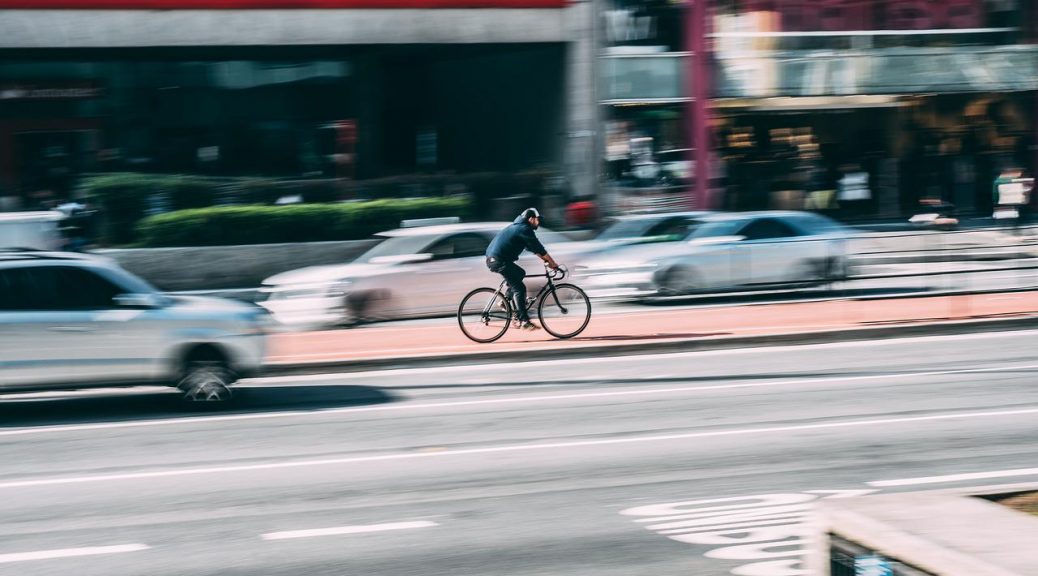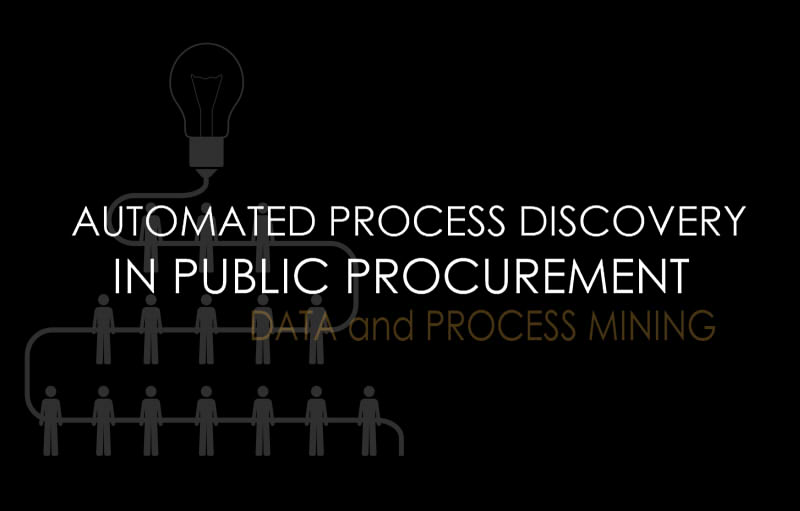Featuring a published paper by one of OCDex’ fellows, Engr. John Raymond Barajas of Bicol University College of Engineering
Abstract:
This paper presents a multi-criterion decision analysis approach to developing a procurement capacity index for local government units (LGUs) in the Philippines. The index serves to assess the resilience of LGUs in times of crisis, particularly in the context of the COVID-19 pandemic. This study utilized two open datasets published by the Philippine government from January to June 2020, and identified five criteria for the procurement capacity index: total approved budget of the contract, internal revenue allotment, number of awarded tenders, number of tenders posted, and fund utilization rate. This study then employed the criterion impact loss (CILOS) method to determine the weight vectors of the identified set of criteria, and calculate the index as a weighted sum based on these vectors. This study found that the fund utilization rate and internal revenue allotment are the two most important criteria for determining the capacity of an LGU to secure goods or services during a crisis such as the pandemic. This insight is consistent with observations drawn from use cases in the US, UK, and Canada as revealed in reviewed literature. Results also revealed that LGUs can be categorized into three clusters based on their procurement capacities: low, medium, and high. Moreover, the developed index facilitated the ranking of LGUs according to their procurement capacity, revealing that LGUs located in Regions II, III, VI, VII, VIII, and X have insufficient budget allocation, thus strongly suggesting urgent intervention from the national government. Overall, the developed index can serve as a valuable decision aid tool to assist the government in identifying LGUs that need additional support to procure resources or services required to mitigate the consequences of a crisis.
Reach out to the author (or to us) for the full paper: https://ieeexplore.ieee.org/document/10137798











